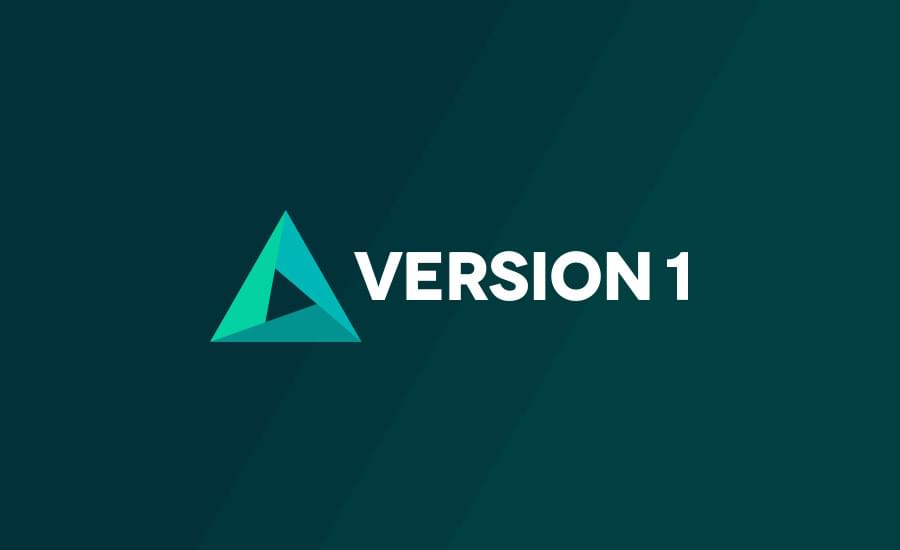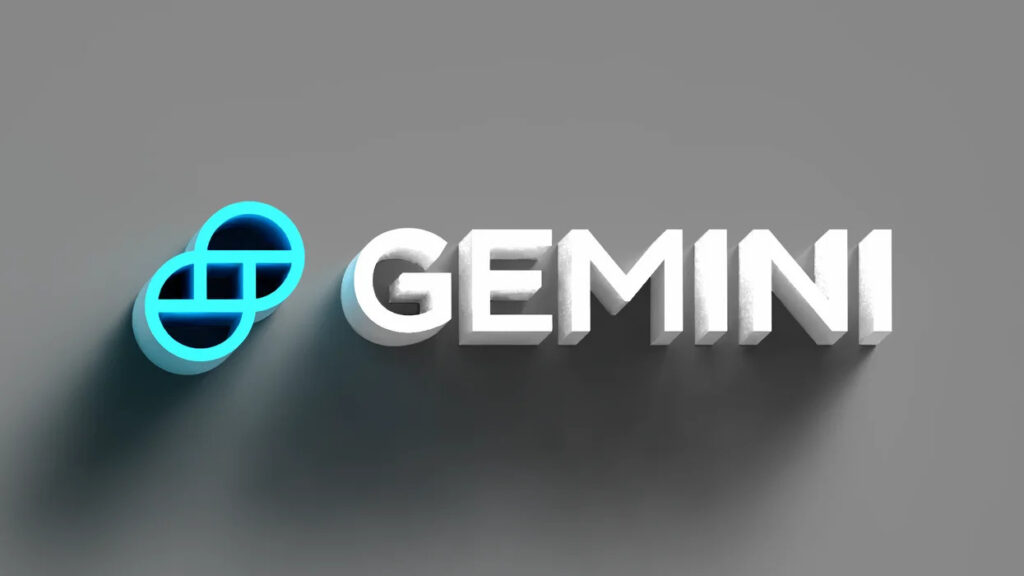KPIT Technologies, Founded by Two Accountants working In The Same Accountancy Firm.
KPIT Technologies Limited is a leading Indian Multinational firm formerly known as KPIT Cummins Infosystem Limited. It was established in 1990, with its headquarters in Pune, Maharashtra, India. It is a software development company that provides software to automotive corporations and is an integration partner leading mobility to an advanced, clean, and safe future. Its business contains six domains i.e. Autonomous Driving, Connected Vehicles, Electric and Conventional Powertrain, AUTOSAR, Mechatronics, and Vehicle Diagnostics, working with leaders in the automotive and mobility industry.
It has its development centers in the USA, Germany, Korea, Japan, Thailand, India, and China. Over 7,000 (2019) employees are working in the firm specializing in Artificial Intelligence, embedded software, and digital solutions. The firm works on speeding up the clients’ performance of the next-gen technologies for the future mobility blueprint.
History
KPIT Technologies was founded in 1990 by Ravi Pandit and Kishore Patil, two accountants working in the same accountancy firm. In the year 2002, A firm known as Cummins Infotech merged its Information technology Department with KPIT, and from then on it was known as KPIT Cummins Infotech limited. After eleven years of this arrangement, Cummins technologies decided to reduce the shareholding in KPIT, focusing on its primary business in Generator and engine manufacturing. Therefore, in 2003, It changed its name back to “KPIT technologies”. It has created many software solutions one of the great ones is Revolo, which became the first ARAI- certified JNNURM II flexible with On- bus intelligent transport system. KPIT launched its new firm logo on June 6, 2019.

Renowned Customers
Its renowned clients are BMW, Cummins, Paccar, Lafarge, GM, DICV, and others.
Revenue
The firm made its stock launch in 2019, which was 50 times oversubscribed. It has achieved a revenue of Rs. 2432.38 crores i.e. 320 million USD (2022), and has a net value/income of Rs. 274.24 crores i.e. 36 million USD.
Split-Up And Merger
In January 2018, an It company known as Birlasoft and KPIT decided to merge and promptly split up into two new firms. This proposal was approved by the competition commission of India. Afterward, two new firms, an IT firm, and an automotive firm were formed. The IT company was called Birlasoft and the automotive corporation was called KPIT Technologies. Birlasoft received 22 shares of the combined company for every nine shares they have in Birlasoft. KPIT received one share of every share they have in KPIT. According to the founders, this deal was made to segregate Information technology and automotive tech business to focus on each.
Founder – Ravi Pandit
Ravi Pandit is an Indian Entrepreneur, Co-founder, and chairman of KPIT Technologies Limited, born in Pune, Maharashtra. He holds a master’s degree in Management from MIT Sloan School of Management. He holds membership in two renowned institutes of India of chartered accountancy one is the Institute of Cost Accountants of India and the other is the Institute of Chartered Accountants of India. Also, He has been the president of Mahratta Chamber of Commerce, Agriculture and Industries between 2004-2006.
CEO – Kishore Patil
Kishore Patil is a great Entrepreneur, co-founder, managing director, and Chief Executive officer of KPIT. He led his team through its crucial time. His achievements are endless such as he was presented with the CA business leader Award in 2014 and the prestigious golden lotus national award.

I am a student pursuing my bachelor’s in information technology. I have a interest in writing so, I am working a freelance content writer because I enjoy writing. I also write poetries. I believe in the quote by anne frank “paper has more patience than person





